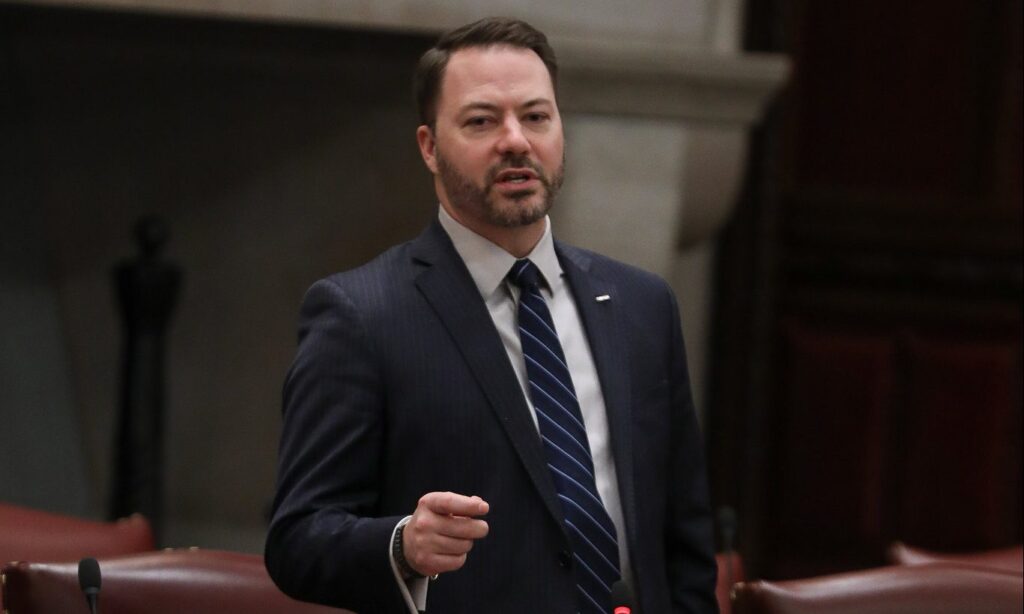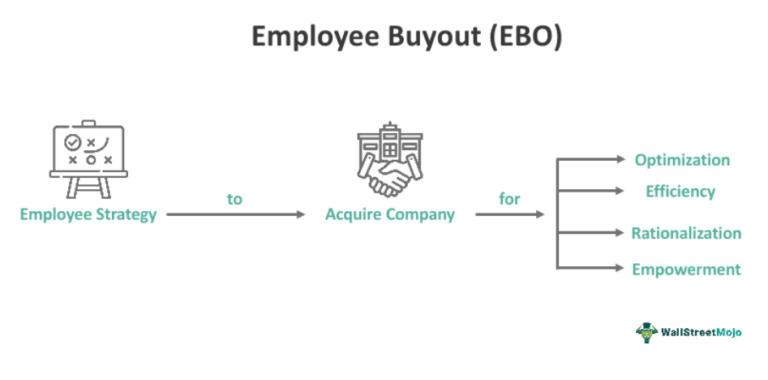
Senate Confirms Russell Vought as OMB Director Amid Budget Battles
On a busy day in Washington, D.C., the Senate made a big decision: they confirmed Russell Vought as the new Director of the Office of Management and Budget (OMB) with a close vote of 53 to 47. Now, you might be wondering, what exactly does the OMB do, and why is Russell Vought such a big deal? Well, let’s dive into it!
What is the Office of Management and Budget?
First things first, let’s break down what the OMB actually is. The Office of Management and Budget is a crucial part of the federal government. It’s responsible for overseeing the administration of the federal budget, preparing the President’s budget proposal, and ensuring that federal agencies manage their finances correctly. To put it simply, the OMB plays a pivotal role in how the government spends our tax dollars.
Think of it like this: if the government is a big ship sailing through the ocean, the OMB is like the crew that maps out the course, ensures the ship stays afloat, and manages the supplies on board. With so much money involved, it’s no surprise that whoever leads the OMB holds a hefty amount of responsibility.
Who is Russell Vought?
Now that we know what the OMB does, let’s talk about Russell Vought. Vought isn’t new to this position; he actually held the role before and has experience working on budget issues. He’s known for his strong conservative views and is considered a “fiscal hawk.” This means he’s really focused on reducing government spending and balancing the budget.
Imagine being in a class where the teacher has a strict policy on how much money each student can spend for supplies. Vought would be the type of student suggesting that the class should spend less on snacks so they have enough money for field trips. His ideas often involve cutting back on spending, especially on social programs like education, healthcare, and welfare, to save money and meet the government’s budget goals.
The Current Budget Battles
Vought’s confirmation comes at a time when budget battles are heating up. There are a few pressing issues he needs to tackle right away. One of the biggest challenges is to prevent a government shutdown. A government shutdown happens when Congress can’t agree on the budget, which means many government services stop working. If you think about it, it would be like your school’s budget being cut, and suddenly, there’s no money for field trips, sports, or even lunch.
Additionally, Vought has to navigate through the looming threat of a debt default. A debt default occurs when the government can’t pay back its debts on time. For trust, the United States has borrowed money to support various programs, and not being able to pay back that money could lead to significant problems—not just for the government, but for everyday people too.
Key Proposals and Controversies
Vought’s proposals aren’t going to make everyone happy. Some of the most contentious ideas involve major reforms to the federal workforce. This might include reducing the number of federal employees or making it harder for them to negotiate their salaries. Think of your friends who are really good at sports—imagine if the coach decided to cut the team down to just a few players. It could cause resentment and frustration among the ones who were cut, right? This is how many federal employees could feel under Vought’s leadership.
Also, Vought has plans for significant cuts to social programs. For instance, he believes that some programs that help provide healthcare or food assistance to those in need should receive less funding. There’s a lot of debate around this, as many people argue that these programs are essential for the well-being of vulnerable communities. Basically, Vought’s ideas could drastically change how the government supports its citizens.
Another controversial proposal from Vought is advocating for what’s known as unilateral spending authority. This is a fancy way of saying that he wants the President to have the power to cancel federal spending without needing Congress’s approval. This raises some red flags for many people because it touches on the balance of power. The U.S. government is built on a system of checks and balances, and giving too much power to one branch could lead to problems. For example, if your school’s principal made decisions without involving teachers or parents, it could lead to decisions that not everyone agrees with.
Democratic Pushback
It’s no surprise that Vought’s confirmation faced significant pushback from Democrats. They caution that his extreme fiscal measures could lead to unnecessary suffering for those who rely heavily on social programs. They argue that while cutting spending might sound good in theory, in practice, it could hurt families, students, and communities that need support the most.
Imagine you and your classmates are trying to organize a big project for your class, and one student insists on cutting all the supplies because they believe it’ll save money for a future event. If that happens, what about the project that requires those supplies? Similarly, Democrats are worried that Vought’s ideologies could lead to harmful consequences for those relying on government assistance.
Preparing for the Future
So, what does the future hold for Russell Vought and his ambitious plans? As he steps into this role, he has to draft a new budget and negotiate with Congress. It’s kind of like being the team captain who has to work with all the players to decide how to allocate positions and responsibilities for an upcoming game. He’ll have to balance his conservative spending cuts with what Congress is willing to accept and what citizens need.
Conclusion
In the end, Russell Vought’s confirmation as head of the OMB sets the stage for a new chapter in federal budget politics. He represents a significant shift toward conservative fiscal policies that many believe are necessary, while others fear could lead to detrimental effects for those reliant on government support.
It’s a complicated issue to navigate, full of competing values and priorities. As citizens, it’s important to pay attention, stay informed, and engage in discussions about how the government spends money and supports people.
As we ponder this precarious balance of budget management and social responsibility, let’s turn it over to you: What are your thoughts on Russell Vought’s plans? Do you think spending cuts are necessary? Or do you believe that investments in social programs are more important? Share your thoughts in the comments below!





